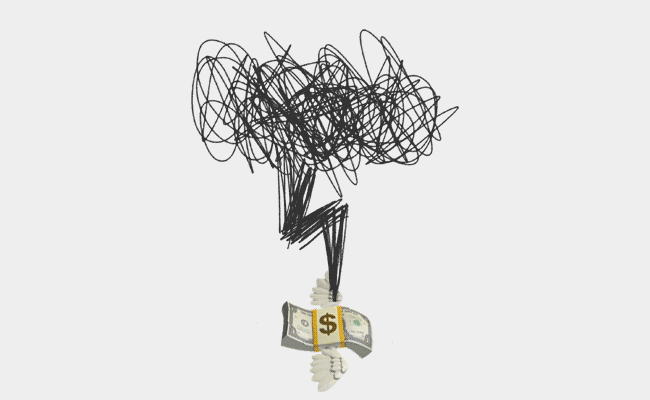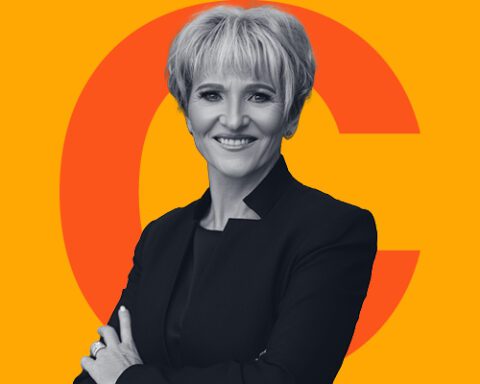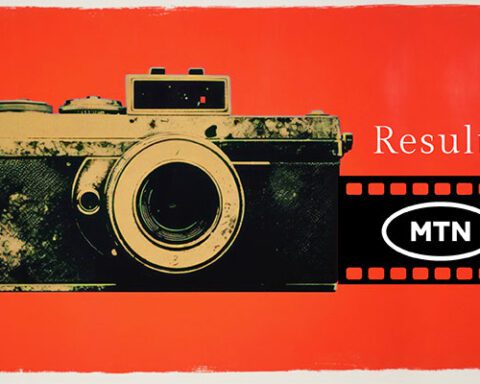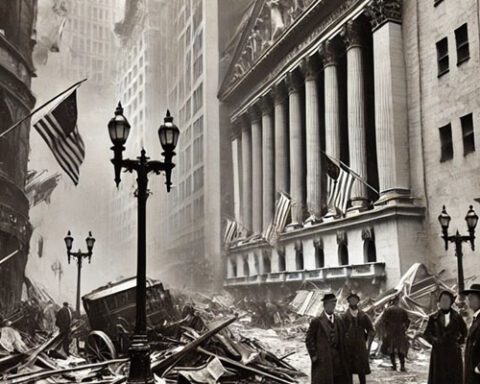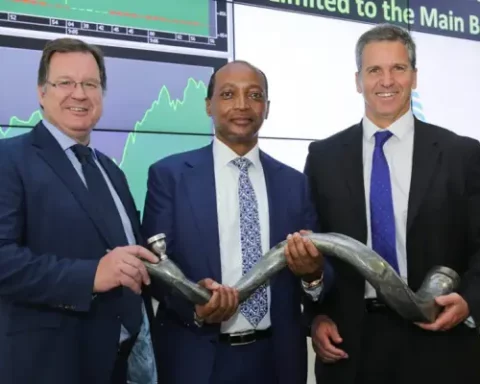“It was October 1987: a mad time for stockbrokers because we were in the middle of a global listings boom. It made subsequent booms pale in comparison; you really could list a hole in the ground.
I was probably involved in between 40 and 60 new listings at my firm, Max Pollak & Freemantle, and clients at that stage would clamour for allocations because every time a new listing came onto the market it traded at a premium. So if you got an allocation, it was a sure way to make money.
I had three listings in the pipeline, and of course we had made promises to the underwriters and companies that we would take a certain amount to share with clients; in other words, we’d backed these allocations with sure-fire investors (or so we thought).
To be sure, they were nice little companies, but they weren’t the kind of businesses that were going to tilt the axis of the earth.
Anyway, it was Monday October 19, I was in Cape Town doing a client presentation and that evening we were at the Mount Nelson Hotel when we received a phone call from Salomon Brothers to say that US markets had collapsed.
The Dow Jones had fallen 22.5% and we knew the next day we were going to be hit by a tsunami on the JSE – and of course we were.
Markets around the world just came crashing down. One of the causes was that there were no circuit breakers on programmatic trading – like a volatility auction that you get today – shares were grossly overvalued, and liquidity was tight.
So all those clients who’d hammered on our doors wanting new shares went into their bunkers. They just vanished, like Houdini. We couldn’t get hold of them. Remember: no cellphones in those days.
But, as brokers, our motto was “dictum meum pactum” – my word is my bond. We felt obliged to take up the shares to cover for clients who had backtracked on their promises to us. As a result, we stepped in and acted as the underwriters.
And the companies listed came onto the exchange nowhere near the prices they’d been promised. I remember sitting at an Italian restaurant in Braamfontein with the late Jack Shapiro and my dad and we were all singing Bobby McFerrin’s Don’t Worry, Be Happy, getting pissed on red wine, totally depressed. And to be honest it took years of pain to trade out of these holdings.
Not being able to get out of the shares taught me a massive lesson about liquidity. And if you look at that boom, only a few companies remain on the JSE: CMH, Investec and Bidvest. Also, the other lesson is how quickly people turn on you. People who were clamouring for shares, who’d made commitments, just couldn’t be found. Honourably, they should have said yes, but they just reneged.”
Top image: Animation by Currency
